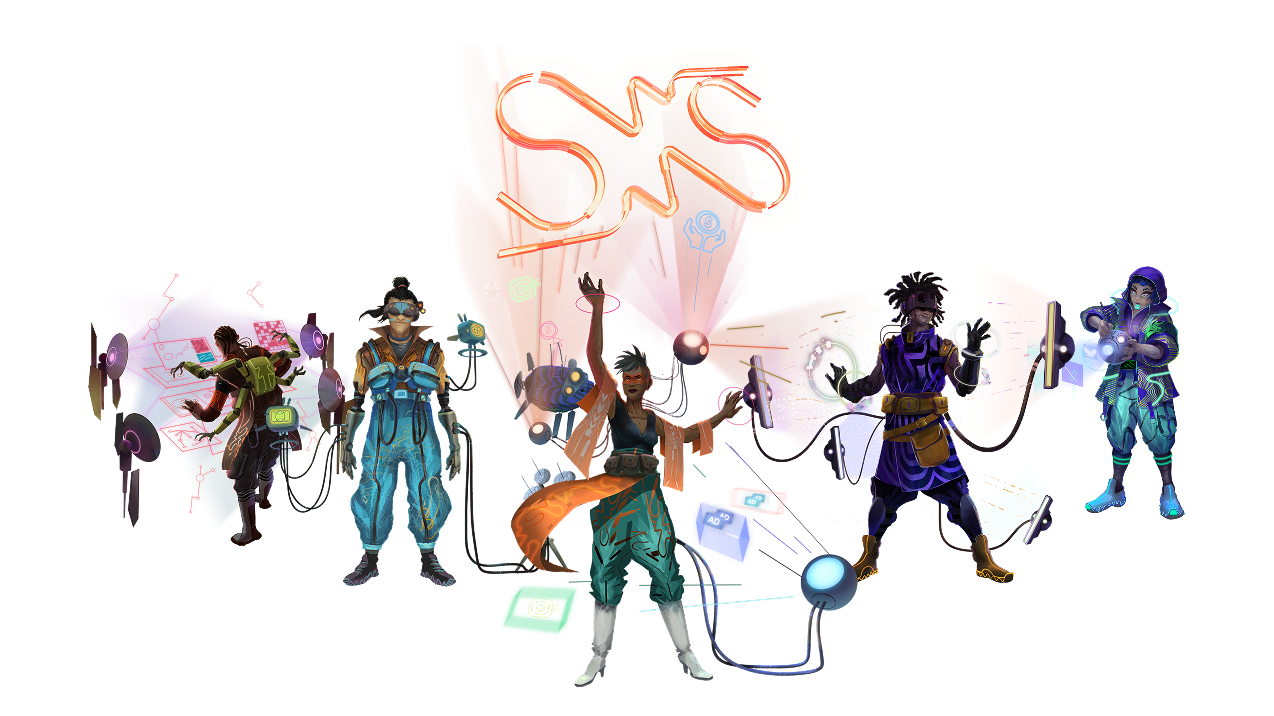
The fintech industry, a blend of finance and technology, has witnessed exponential growth over the last decade. As innovative as the sector is, fintech companies face unique marketing challenges in an industry that combines the complexity of financial services with the rapid evolution of technology. This article delves into the five critical challenges of fintech marketing and offers strategic insights for effectively navigating these hurdles.
1. Establishing Trust in a Digital-First Environment
The Challenge of Building Trust
Trust is the cornerstone of any financial service. However, fintech companies, often startups, lack the long-standing reputation of traditional banks. Building trust in a digital-first environment, without the physical presence of brick-and-mortar establishments, is a significant challenge.
Strategies for Building Trust
- Transparency: Be clear about your services, fees, and data handling policies.
- Customer Testimonials and Case Studies: Sharing success stories and reviews can significantly bolster credibility.
- Regulatory Compliance: Emphasize adherence to financial regulations and certifications to reassure customers.
2. Navigating Regulatory Compliance and Communication
The Regulatory Landscape
Fintech operates at the intersection of finance and technology, both heavily regulated sectors. The challenge lies in not only complying with these regulations but also in communicating complex legal and financial information in a customer-friendly manner.
Navigating Compliance
- Expert Legal Team: Employ a team well-versed in financial and tech regulations.
- Simplified Communication: Translate legal jargon into understandable language for customers.
- Proactive Adaptation: Stay ahead of regulatory changes and adapt swiftly.
3. Differentiating in a Crowded Market
The Crowded Fintech Arena
The fintech industry is crowded with startups and established players, making differentiation a significant challenge. Offering a unique value proposition is crucial to stand out.
Strategies for Differentiation
- Innovative Solutions: Continuously innovate to offer unique services or features.
- Brand Storytelling: Create a compelling brand story that resonates with your target audience.
- Niche Marketing: Focus on a specific market segment to build a strong, dedicated user base.
4. Educating the Market
The Educational Hurdle
Fintech products often introduce new concepts that require customer education. The challenge is to educate potential customers about the benefits and workings of these novel services.
Educational Strategies
- Content Marketing: Develop informative blogs, videos, and infographics.
- Workshops and Webinars: Host educational events to engage and inform potential customers.
- User-Friendly Interfaces: Design interfaces that guide users through the process, making it easy to understand.
5. Balancing Innovation with User Experience
The Innovation-User Experience Paradox
Innovation drives fintech, but rapid changes can sometimes overwhelm users. Balancing cutting-edge technology with a user-friendly experience is a delicate act.
Balancing Strategies
- User-Centric Design: Ensure that every innovation is grounded in improving the user experience.
- Feedback Loops: Regularly gather and incorporate customer feedback.
- Iterative Development: Release updates in stages to acclimatize users to new features.
Conclusion: Mastering Fintech Marketing
Fintech marketing is a complex field, requiring a nuanced understanding of finance, technology, and consumer behavior. The challenges of building trust, navigating regulatory landscapes, differentiating in a crowded market, educating consumers, and balancing innovation with user experience are significant but not insurmountable. By employing strategic approaches tailored to these unique challenges, fintech companies can not only survive but thrive in this dynamic industry.
Find a B2B SaaS Expert
We've collected a directory of B2B SaaS experts and agencies that we've reviewed and categorised based on service and specialism for your review.









